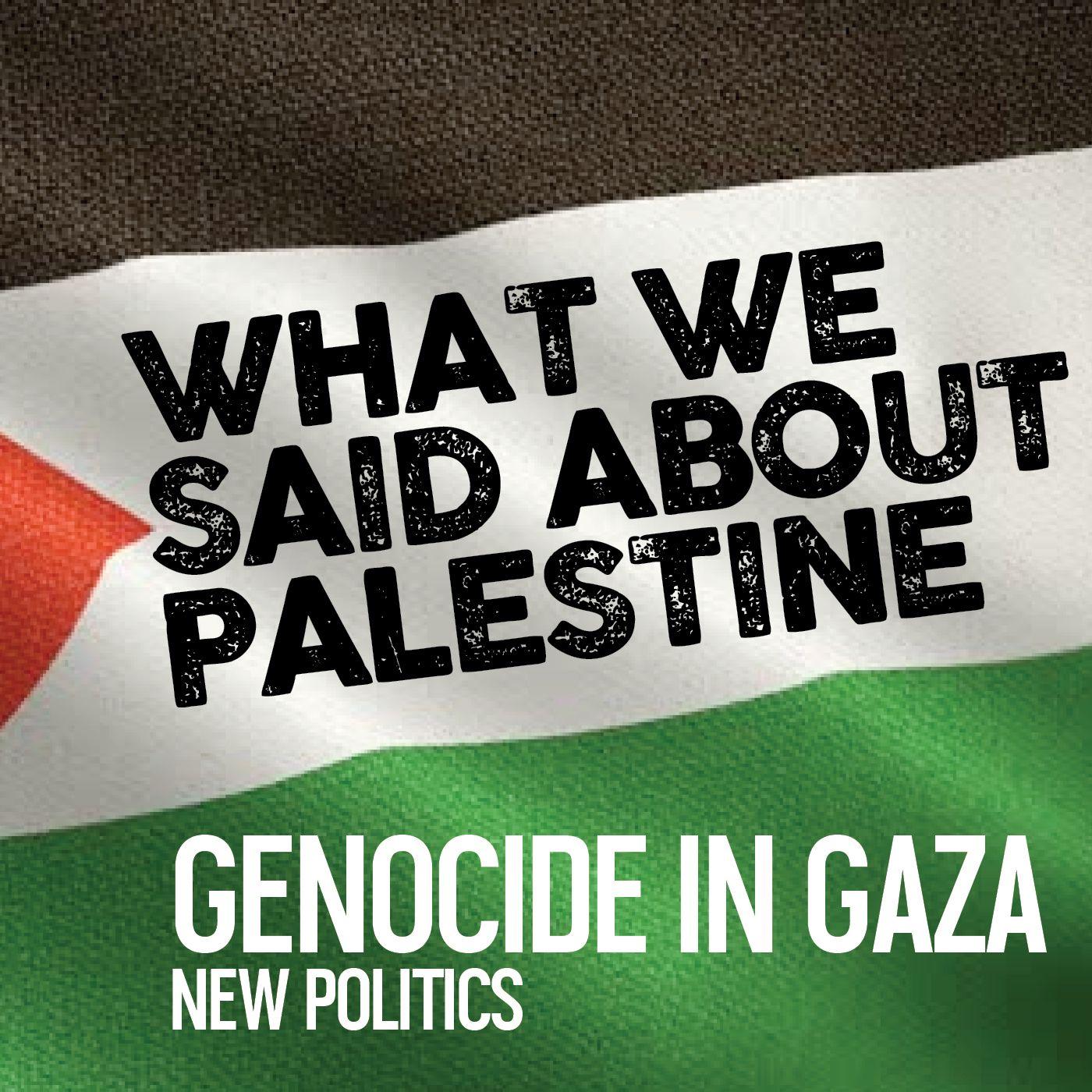
‘What We Said About Palestine’ is a powerful and insightful podcast series that delves into the complex and often contentious politics surrounding Palestine, examined through an Australian lens, with a particular focus on the ongoing conflict and humanitarian crises in Gaza, commencing from the events on October 7, 2023.<br /><br />Each episode offers a mix of original content and curated sections from the highly regarded New Politics podcast and the presenters, Eddy Jokovich and David Lewis, bringing to the forefront the Australian perspective on the war in Gaza, the global reactions to the conflict, and the difficult conversations about genocide and human rights violations that demand attention.<br /><br />‘What We Said About Palestine’ is more than just a podcast; it is a platform for advocacy and education. It encourages listeners to engage critically with the information presented, fostering a community that is informed, empathetic, and committed to justice. Whether you are new to the topic or well-versed in Middle Eastern politics, this series offers a valuable resource for anyone looking to deepen their understanding of one of the most enduring conflicts of our time.